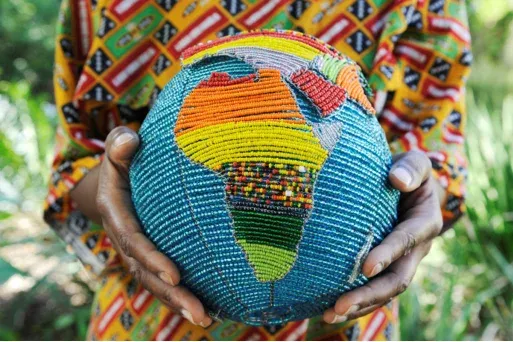What is parallel culture in Social Studies?
What is Parallel Culture?
Parallel culture is a term that refers to the process through which two cultural ways of doing things are accepted when only one is necessary.
Examples of Parallel Culture in Ghana
1. National events
Traditional, Islamic, and Christian prayers are all recited concurrently at national occasions such as Independence Day festivities and festivals.
2. Marriage Rites
The couple exchanges traditional wedding vows before moving on to Christian or Islamic wedding vows later in the ceremony.
3. Outdooring and naming ceremony
It is customary to perform both traditional and Christian rituals for the infant at the outdooring and naming ceremonies.
4. Speech Translation
Many events, especially Christian church activities, make use of English as a means of communication, which is then translated into other local languages, such as Ewe, Ga, Fante, and Twi, to ensure that everyone understands the sermon and the announcements that will be given.
5. Funeral rites
Funerals are marked by the performance of traditional and Christian or Islamic customs.
Advantages of Parallel Culture
Parallel culture has a number of advantages. Some of which are:
- Promotion of religious harmony among rival faiths,
- Preservation of high-quality health-care services, and the
- Establishment and maintenance of a system of national integration are all priorities.
Disadvantages of Parallel Culture
In addition to being very costly, parallel culture is also a waste of time and may result in significant misunderstandings and frustrations.
Significance of Parallel Culture
Parallel culture is an indication of how culturally diverse a society is. It also goes to show that all ethnic and religious groups are important, regardless of their minority status.
BECE Past Questions on Parallel Culture
1. When a person uses an orthodox and traditional medicine together for the treatment of diseases, he is said to be practising
A. outmoded culture
B. cultural lag
C. cultural change
D. parallel culture [BECE 2018]
2. On which of the following occasions is the parallel culture of prayer not demonstrated in Ghana?
A. Independence day
B. Eid-il-Fitr
C. Teachers' Day
D. Farmers' Day [BECE 2004]
3. Parallel cultures in Ghana are seen in the institution of
A. marriage rites
B. puberty rites
C. trokosi
D. chieftaincy [BECE 2005]
4. The use of orthodox and traditional medicine for the treatment of the same disease is an example of
A. outmoded culture
B. cultural lag
C. parallel culture
D. cultural change [BECE 2010]
5. Adopting a foreign way of life in one's native country implies
A. cultural assimilation
B. foreign domination
C. parallel culture
D. rapid modernization [BECE 2015]


.webp)







No comments: